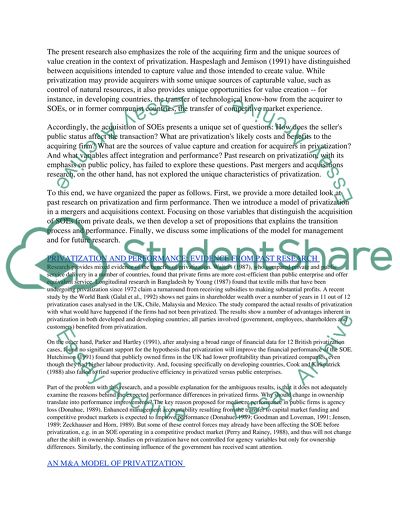Privatization of State-Owned Enterprises Research Proposal. Retrieved from https://studentshare.org/macro-microeconomics/1508590-privatization-of-state-owned-enterprises
Privatization of State-Owned Enterprises Research Proposal. https://studentshare.org/macro-microeconomics/1508590-privatization-of-state-owned-enterprises.


